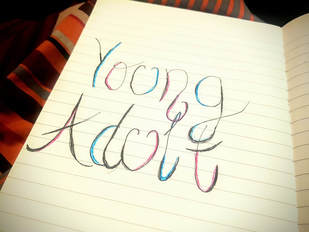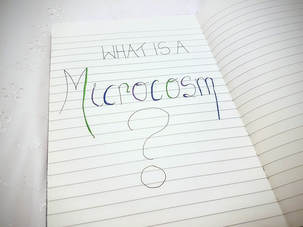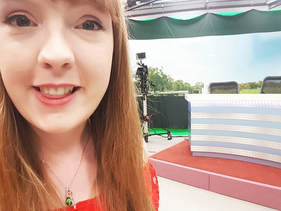|
24/1/2018 1 Comment Genre: Young Adult Young adult or YA as a genre is quite broad. It can be stand alone, focussing on ‘young adults’, the challenges of growing up and the endless battle of hormones, or it can blend with other genres, like the Harry Potter series by J R Rowling, which blends YA with fantasy. The same can be said for the Twilight series by Stephanie Meyer, which mixes YA with supernatural and romance. There are many examples out there but what makes young adult fiction? How does it differ from teen or the recently emerged ‘New Adult’ (NA) The main indication is the protagonist. YA literature focuses on appealing to that audience, generally aged 14 and up. The maximum age most people deem to be around 30ish, but YA novels have been read by all age groups (everyone can relate to teenagers/young adults because we are all that age once in our lives). With this target audience, the protagonist is generally of high schooler age, making the character more relatable to the readership. However, the same could be said for teen or NA fiction.
1 Comment
17/1/2018 1 Comment What is a... Microcosm? Microcosms, as the name infers, are smaller versions of something relatively large. This literary device can be used to represent the whole world and certain aspects of society, as seen in stories like One Flew Over the Cuckoo's Nest by Ken Kesey and One Hundred Years of Solitude by Gabriel García Márquez. Or, they can be used for something a bit smaller, like in George Orwell's Animal Farm, where the farm portrays the events in Russia during the Russian Revolution. Although that is still quite a large event to encapsulate in a small setting, these examples are just some of the most power uses of the literary device. But why use a microcosm? As mentioned previously, this literary device is used to represent one quite large topic, setting or situation through something on a smaller scale. It could be an event, a country, a political movement, the world or society as a whole. Generally, the way microcosms have been used in literature is to focus on an aspect of humankind and represent it on a smaller scale to bring awareness to the reader. In my years of reading, I don't think I have seen anything largely positive represented in a microcosm although I'm sure they're out there (if you know of any, please let me know because I would love to read one!). 14/1/2018 0 Comments TV Industry Night A while ago, I was given the opportunity to attend what was called the 'TV Industry Night' at my university. It was for students who had performed well and created interesting and newsworthy news stories in the 'Television and Video Journalism' course. It was such an awesome opportunity not only because it meant I was being recognised for my hard work, but because it meant I got to meet directors and editors of some of the big channels in South Australia. Being able to talk to these journalists, get feedback and hear what they had to say about my news story as well as others was so valuable. When I first started studying journalism as part of my double degree, I wasn't sure how I'd feel dabbling in specialisations such as radio and TV journalism. I knew I loved writing, so the traditional newspaper journalism was the direction I wanted to head in. However, I have been very thankful for the exposure to these others forms of journalism. Radio journalism was interesting, although I found it quite challenging as it was not my preferred way or writing, speaking or doing pretty much anything regarding journalism. Having felt a little flat about my experience in it, I wasn't looking forward to TV journalism at all. That was before the first day of the course. |
AuthorCharlotte is a reading and writing lover who has completed a creative writing intensive course at the University of Oxford and is a current university student studying a double degree in journalism and creative writing. If you are curious to learn more, check out the 'About' page. Archives
January 2019
Categories |
 RSS Feed
RSS Feed